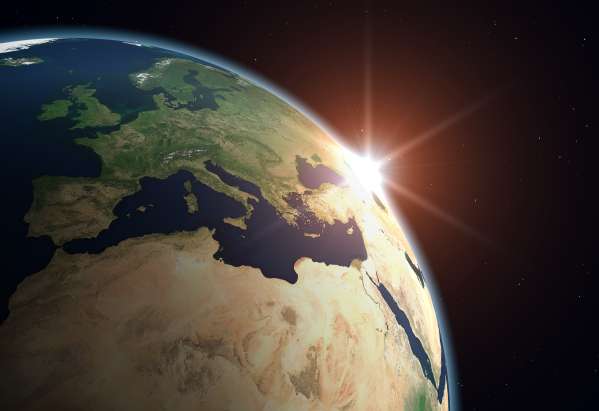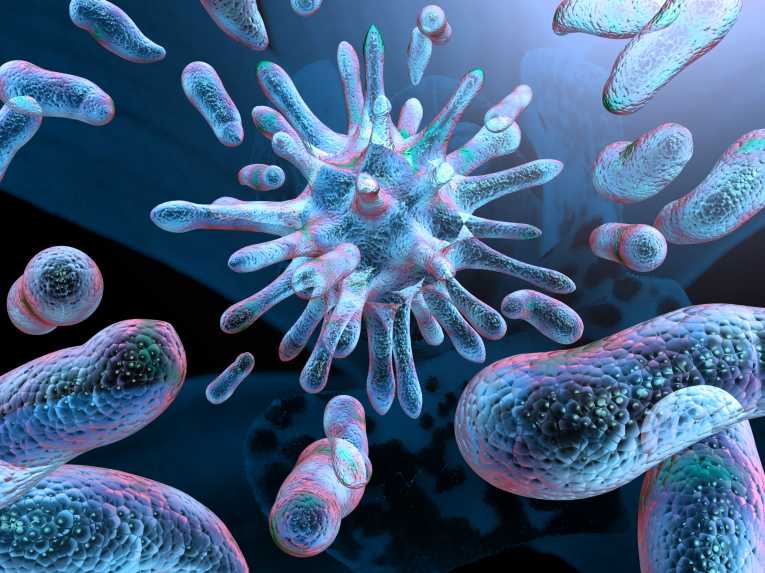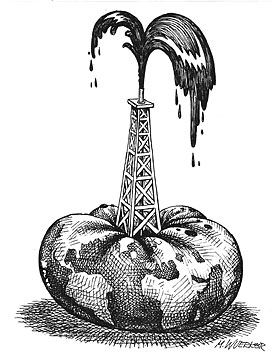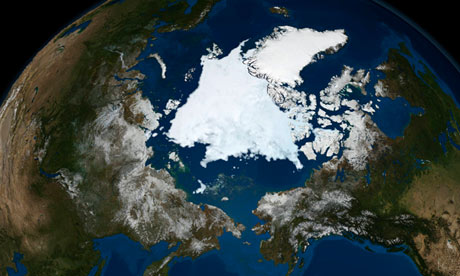From the makes of this video:
Environmental devastation of the land, water, and air – the largest industrial energy project in the world is extracting crude oil from bitumen found beneath the pristine boreal forest of Alberta, Canada. Effecting a land mass equivalent in size to Florida or England, Both industry and government are putting money before the health and security of its people and the environment.
Tar sands take 3 barrels of water to process every barrel of oil extracted. Ninety percent of this water becomes so toxic that it must be stored in tailing ponds. Unfortunately these ponds regularly leach pollution into the third largest watershed in the world.
Water depletion, exploitation, privatization and contamination has become one of the most important issues facing humanity this century. Check out my other video on water issues: http://www.youtube.com/watch?v=XMmpg35Bym0 and see my other videos to learn about the dark side of fossil fuels.
To learn more about tar sands, be sure to check out the featured film sources listed below. Find out more about what you can do and how to support the film makers.
Crude Sacrifice
http://www.crudesacrifice.com/
Dirty Oil (available to watch online)
http://www.youtube.com/watch?v=jA_BBGuCs20
Downstream — (available to watch online)
http://www.babelgum.com/3015242/downstream.html
H2Oil
http://h2oildoc.com/home/
Petropolis
http://www.petropolis-film.com/
Check out a new promising technology to eliminate tailing ponds:
http://www.gizmag.com/ionic-liquids-used-to-process-tar-sands/18214/
Tar sands development can be minimized by blocking development of pipelines, such as Keystone XL, that carry the sludge of this incredibly polluting energy project. Tell Canada to clean up this mess and join with Bill McKibben and Josh Fox and let your voice be heard.






